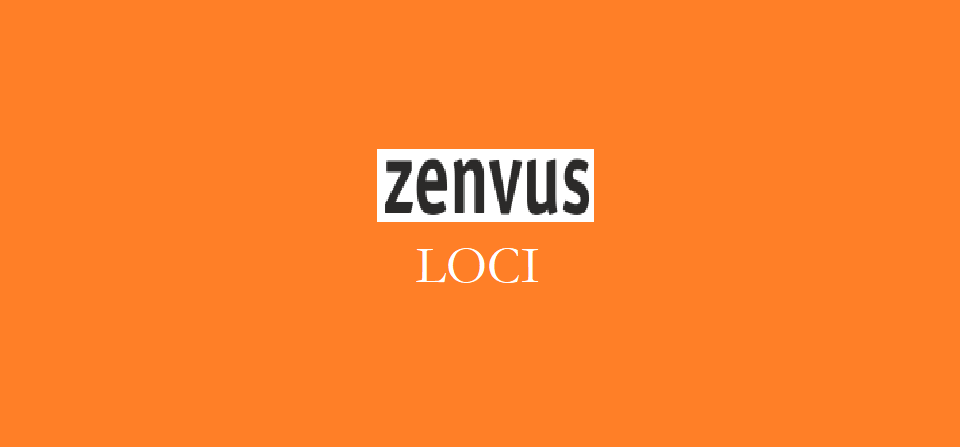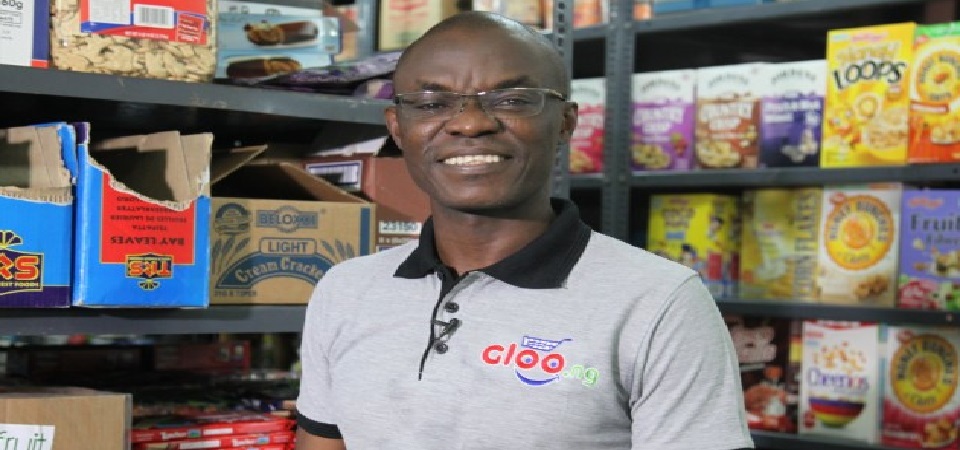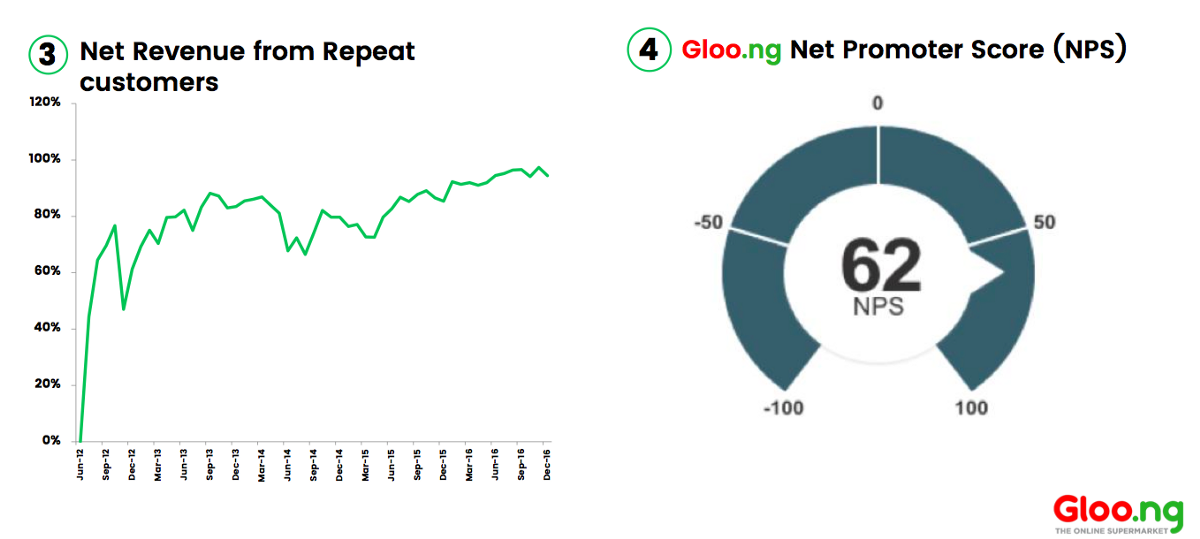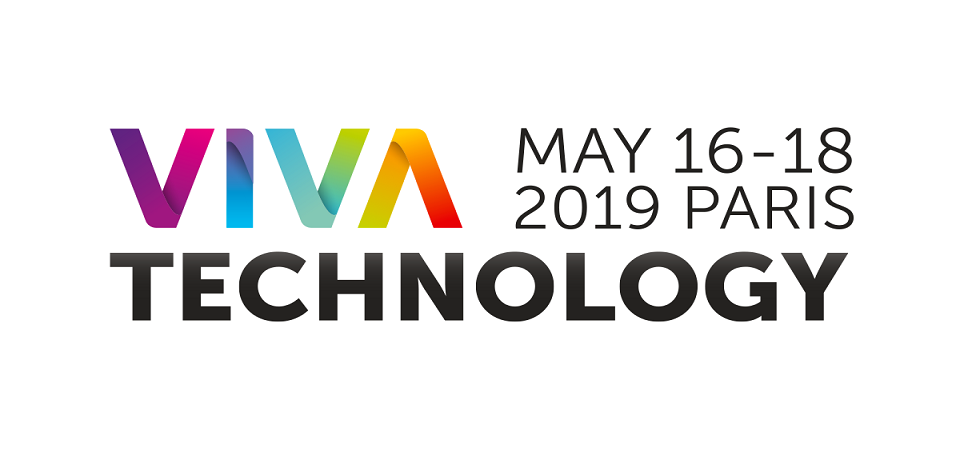Do not feel bad about it – when you ask people to pay for services you render to them. Yes, NEVER feel remorse that you are asking to be paid. The fact is this – if your service is good enough for that entity to need it, it must be good to be paid for.
Yet, you must know when you offer free services to support local communities, NGOs and build personal brands, but anything outside, emerge out of that fear: ask to be paid.
Many here have written thinking it is “stressful” to do so. Yes, that woman sings for free in the village while Beyonce makes tons of money for singing! It is very unfortunate.
Here – people know I charge fees to speak except in universities and NGOs or community-building related events. Anything else, the game plan is PAY. There is nothing wrong about it except that Hillary Clinton could be paid $500k per talk and Bill Clinton $1 million per talk when Ndubuisi Ekekwe can only command $10k per talk for most public talks ($5k within Africa). My number needs to move urgently because I think these guys have one head like me.
So, next time they invite you to speak in that conference, ask to be paid! Certainly, evaluate that platform and do the opportunity cost. If the derivable value is more than your projected monetary compensation, go and speak for free. But where your talk value is more than the value derivable from the event, ask them to pay.
May I repeat it again – do not go home to tell your spouse that there is no money in this house when you have missed an opportunity to bring money home. You should not talk for free unless it is a charity event or one with derivable value to advance your advance.
Be bold – make it clear to that institution that you would like to be paid. I was in Lagos two weeks ago – I helped a brilliant young man get paid to talk in a conference in Lagos. When they invited him, he was so excited and just wanted to talk. He called me (as a mentor) and I told him, to ask them, to pay him.. He ended up getting paid N90k. For him, that was progress.
Practically, I am surprised that Bill Clinton charges $1million which means I have rooms ahead. Please get out of the African mentality where people have water table underneath and yet cannot find water to drink. Your talent must pay your bills! It is not “stressful” to ask to be paid!
Like this:
Like Loading...








